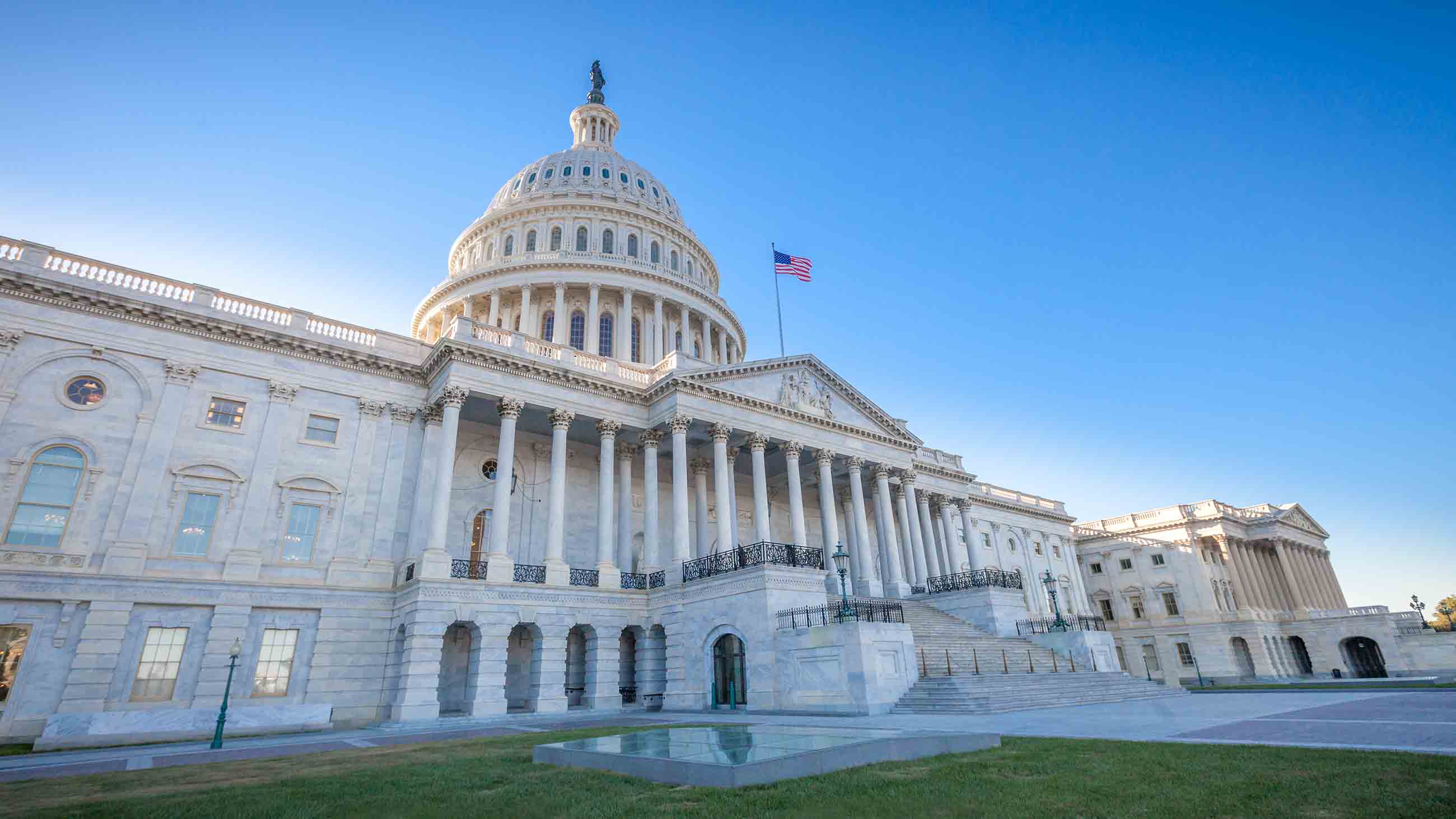Early this week, Senator Lamar Alexander (R-TN), the Chairman of the Senate Health, Education, Labor, and Pensions (HELP) Committee, and Representatives Frank Pallone (D-NJ) and Greg Walden (R-OR), the Chairman and Ranking Member of the House Energy and Commerce Committee announced an agreement on legislation to end surprise medical bills. The two members issued a joint press statement with the hope of creating momentum to include their legislative agreement as part of any year-end omnibus appropriations bill.
The agreement is essentially a merging of the surprise billing legislation approved by both the House Energy and Commerce (H.R. 2328) and Senate HELP Committees (S.1895) earlier this year. Both bills aim to protect patients by limiting their out-of-pocket costs to amounts they would have owed if they had been treated by an in-network physician. However, both bills include provisions strongly opposed by physician and hospital groups (including the Medical Association of the State of Alabama) that would resolve payment disputes between physicians and insurers by using a benchmark rate setting out-of-network payments at the median amount each insurer pays for in-network care. The new agreement includes similar benchmark rate provisions as well as a very limited independent dispute resolution process with a $750 threshold that would only allow for the consideration of median in-network rates.
It was believed by many early in the week, that the surprise billing agreement would pass before the end of the year. However, the House Ways and Means Committee also has jurisdiction over the surprise billing issue and the committee was not included in this initial agreement. Ways and Means subsequently released its own bipartisan proposal that focuses on an arbitration process that protects the patient and said that the committee will consider the legislation in early 2020. With competing bipartisan bills now on the table, it is likely that any action on the legislation will be delayed until January.
